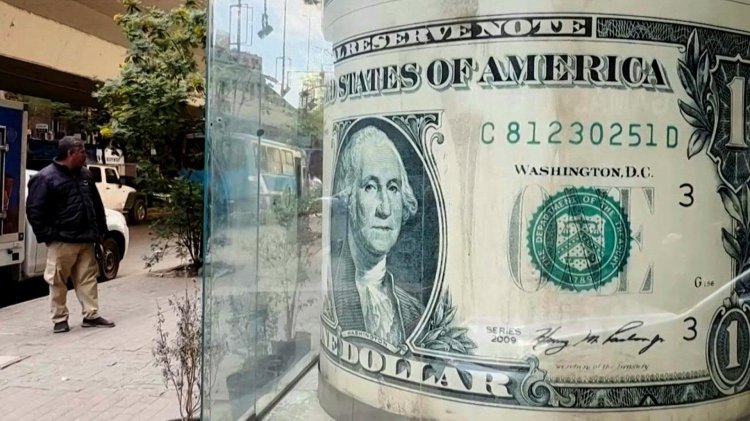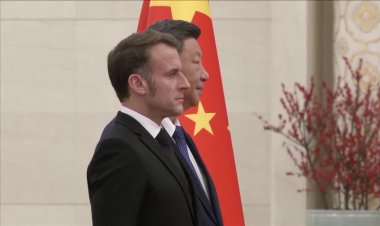Egypt's Economic Squeeze

Egypt's economic crisis is squeezing high-street brands such as Starbucks and The Body Shop as experts ask how the Arab world's most populous nation will repay its soaring debt.
Amid a severe foreign currency crunch, the US dollar has become hard to come by as the Egyptian pound is plunging and inflation is surging at 35 percent.
Egypt's highly import-reliant economy, dominated by military-linked enterprises and with a fondness for infrastructure mega-projects, has been hit hard by a series of recent shocks.
The pandemic impacted its key tourism sector. The Ukraine war raised the cost of wheat and other imports. And recent attacks by Yemen's Houthi rebels on Red Sea shipping have slashed vital Suez Canal fees.
Remittances from overseas Egyptian workers -- the main source of foreign currency -- slumped by as much as 30 percent in July-September 2023 alone, according to Central Bank of Egypt data.
The Egyptian state, highly indebted after years of heavy borrowing, including for a new capital city in the desert east of Cairo, has struggled to service its ballooning debt.
The International Monetary Fund has stepped in with a $3 billion loan facility but demanded painful austerity measures in the country of 106 million people, two-thirds of whom live on or below the poverty line.
President Abdel-Fattah al-Sisi recently explained that the state spends $3 billion a month on commodities such as food and energy.
Amid the crisis, everybody wants greenbacks, and no one wants to give them away.
On the black market, the dollar is trading at 70 Egyptian pounds, more than double the official exchange rate of 31.
Most of the time, banks simply refuse to give dollars to their customers.
Bank clients traveling abroad are only allowed to withdraw or transfer a maximum of $100 from their Egyptian accounts.















